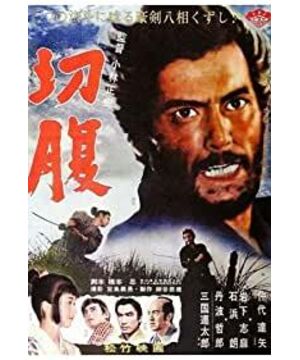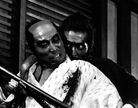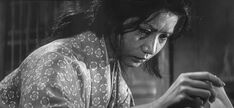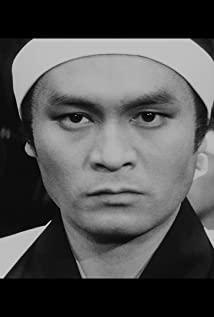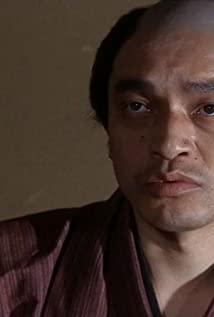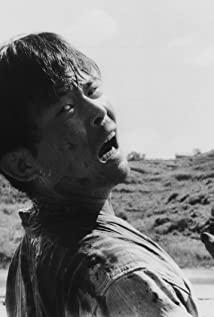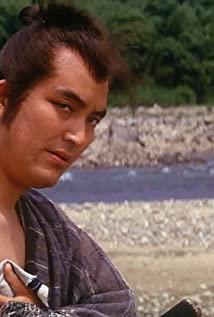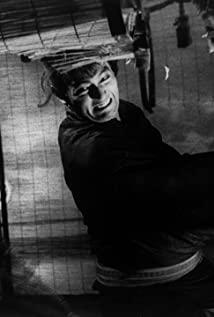The story takes place in the seventh year of Kuan Yong, the warrior class began to be lonely, many became ronin, and even unable to support themselves, they went to the princes' homes to extort money on the grounds of cutting their abdomens. One day, the old ronin Jinyun Hanshiro came to Ii's house and made the same request. In order to persuade him to give up his thoughts, the retainer told him a story: A few months ago, the ronin Qian Qianyan came to Jingyi's house to ask for his daughter to ask for a belly cut. When they found out that Yan Qiu Nu's sword was made of bamboo, they scoffed even more. The sword is the dignity of a samurai, and he simply lost the samurai's face, making it clear that he was here to extort. The retainers ignored his request for a day or two of grace and forced him to execute on the spot in the spirit of Bushido. In the end, Yan Qiu Nv had to cut her abdomen with a bamboo sword and died tragically in front of everyone.
After listening to the story, Hanshiro was indifferent, he made up his mind and named three Ii family samurai as his deputy, but it was expected that the three of them took leave at home due to illness at the same time. Before performing the ceremony, he told a story. It turned out that Yan Qiu's daughter was his son-in-law. On that day, he came to ask for money to see a doctor for a seriously ill child, but he was forced to commit suicide. The child and his wife also died one after another due to illness and grief. In order to seek revenge, the old ronin found three samurai who had forced Yan Qiu's belly to be cut in the spirit of Bushido. It stands to reason that the bun is like a head, and it is a great shame to be cut off. They should be cut off to apologize, but they all pretend to be sick at home, waiting for their hair to grow. It can be seen how vulnerable those moral people who are full of benevolence and righteousness are. And what is the spirit of Bushido? Is it a puff, or a puff of smoke? Hanshiro used to hold his sword tightly, inseparable, and regarded it as more important than life, but he was powerless in the face of the injuries of his loved ones; while Iwagumi put down his "dignity" and used the sword to treat his wife, but it was considered that cowardly. The old ronin came here to make more warriors wake up, stop living in the illusory values prescribed by society, and think and judge for themselves. But what can he change alone? He was brave and good at fighting and finally died under the gun, indicating that the samurai class will eventually retire to the stage of history.
This movie made me meet another Japanese filmmaker, Masaki Kobayashi.
View more about Hara-Kiri reviews


